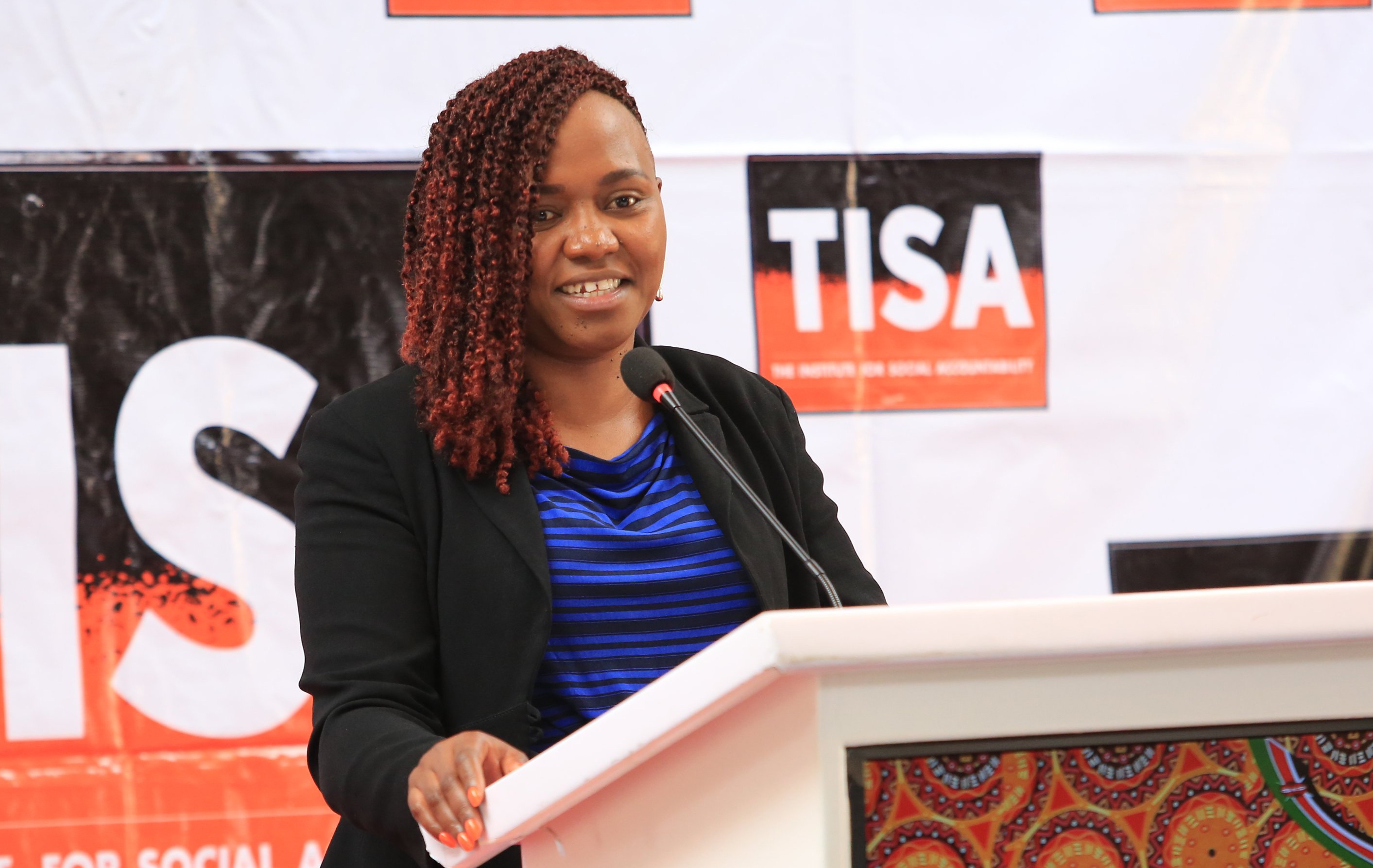Earlier this year, villagers at Riang’ombe-Nene at Amariba in Kisii county stumbled on suspected sex-enhancing drugs in a house where a Pentecostal cleric allegedly defiled an eight-year-old minor.
According to news reports, the mother of the minor said she had sent her Grade 4 daughter to deliver breakfast to the man of the cloth when moments later the child returned sobbing. The girl told her mother that the pastor had dragged her to his bed and defiled her repeatedly.
At the height of the HIV-Aids epidemic, when up to 12 million people were infected across sub-Saharan Africa, Nyumbani Children’s Home offered refuge to Kenya’s dying children. Later, the institute, run by a Catholic charity, fought for the first batches of antiretroviral drugs for its sick toddlers. Contributions poured in from American politicians, media personalities and celebrities.
But behind the smiles and promotional tours, the privately funded orphanage allegedly concealed terrible secrets of abuse and rape of children by their caregivers.
In 2019, a Kenyan TV feature titled ‘Defiled in Church’ sparked outrage among Kenyans who condemned the paedophiles disguised as priests. The feature evoked feelings of pity and disgust among netizens after exposing priests said to have defiled children in churches.
It is a pity that we keep witnessing so many cases of sexual abuse by the men of the cloth in our country and justice has never been served. The people who are supposed to be the “moral custodians” of our nation are the ones making headlines for ruining, endangering and sometimes ending young lives.
Thousands of children and women around the world have become victims of rape, sexual assault, child marriage, sexual mutilation, and human trafficking because of church negligence and outright defiance of local and international laws.
All these cases have been exhaustively documented by law entities, journalists, survivors and former church leaders brave enough to speak out against their established religious order.
In 2022 alone, Kenya recorded 725 femicide cases, according to a report by the UN Office on Drugs and Crime, the highest number since data collection began in 2015. In 2023, more than 150 Kenyan women were murdered. Femicides are still occurring at a higher rate than is being recorded. Studies reveal that one of the main root causes of sexual and gender-based violence in Kenya is cultural and religious beliefs.
Religious ideologies on women being inferior to men promote the perception of women as “unclean” and portray virtuous women as “submissive”. A common understanding is that religion depresses women’s rights in general and their reproductive health and choices in particular.
Religious houses have been particularly good at responding to the victims of GBV by providing pastoral care, shelter and welfare, emotional and moral support. However, the good work they do only masks the evil that many religious leaders perpetrate on the victims of GBV.
Many religious houses are bastions of chauvinism and the oppression of women. The religious leaders’ word is unquestioningly taken for gospel by the believer. The worship centres have commanded women to be submissive to men in all circumstances, then chastise the woman for not being enough when a man misbehaves.
All these occurrences are not new to groups that claim to provide sustainable support to churches to influence the legal, social, and religious environment of our society. Yet, they have chosen to remain silent instead of calling out the ill that’s eating up our society through these same churches that they support.
Family Watch International, an international outreach group, has remained actively engaged in driving anti-gender and anti-rights agenda in Kenya and across the globe. Could this be the reason why KCPF and similar religious groups have remained silent even when the rest of the country is raging about the rising cases of femicide?
It's high time we did away with this silent epidemic of losing the lives of our women and girls. We cannot claim to be Christian and claim to promote life and yet the only thing we publicly oppose and march on the streets against is the woman’s right to make informed choices about her reproductive health.
Sexual and reproductive health and rights expert
















